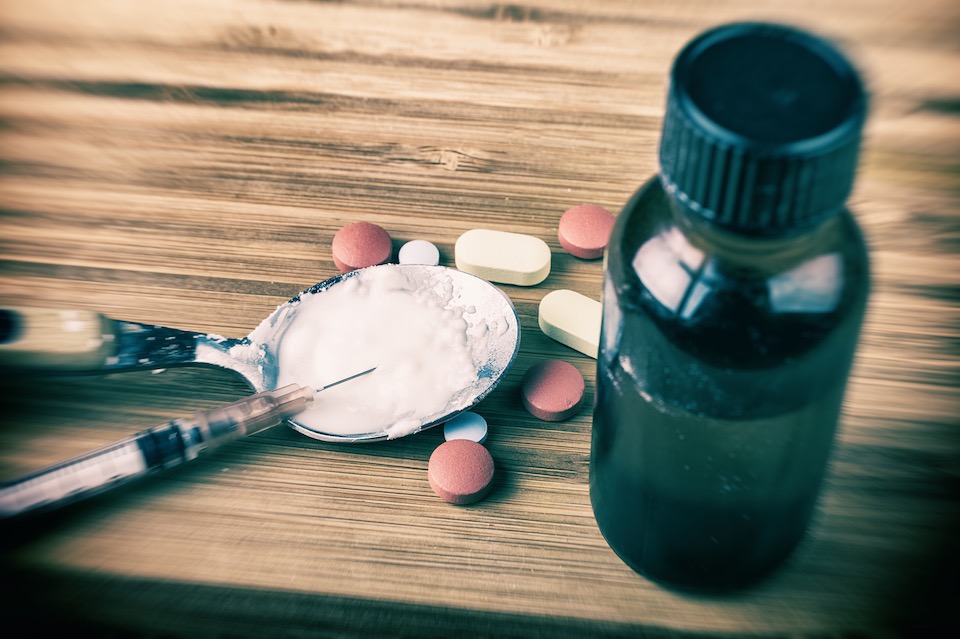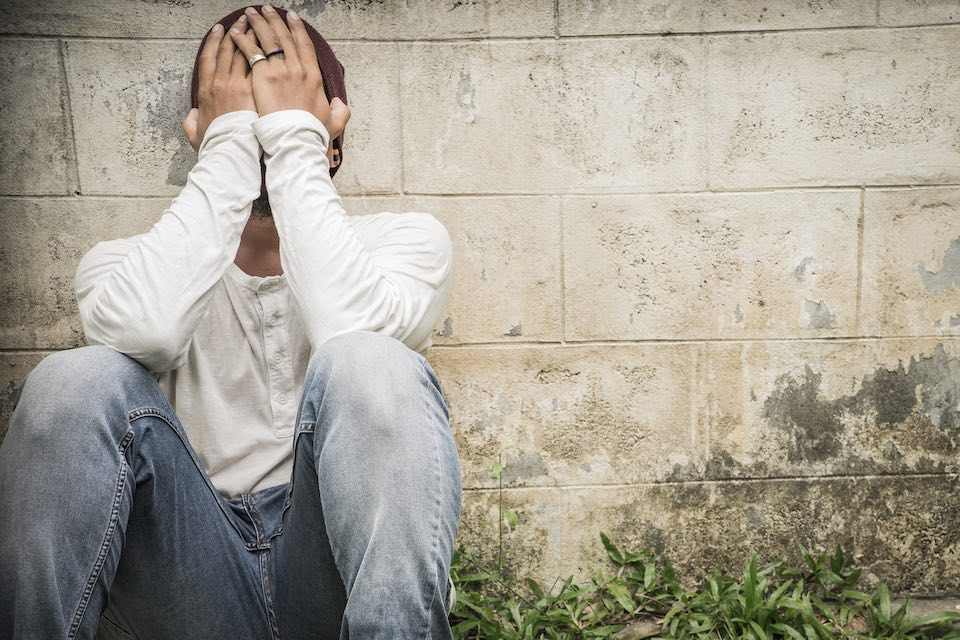Leading Psychotherapist and Founder of Natural supplement brand Eudaemon Jane Barnfield Jukes reveals what you can do to step towards an addiction-free life.

The comedienne, Hannah Gadby in one of her sketches asks “Why is it that from birth men and women are assigned to opposing teams? Pink and blue.”
The societal norms created around sexuality are simply not fit for purpose. If you don’t belong to either team, the path of discovery you find yourself on can be full of cracks and potholes. Tripping over these obstacles can result in feelings of deep insecurity, anxiety and conflict. People struggle with “not knowing.” Until society addresses and accepts the diversity inherent in the population, people will experience the suffering associated with “Who am I?” and “Where do I fit?” When caught in this struggle it can be quite tempting to turn to drugs and alcohol to help ease the strain.
Over the years research has led to the creation of certain beliefs around substance misuse and addiction. Some believe that it plays a role in our “life script.” Others feel that is used as a crutch to numb the pain and anxiety they feel. More recently others state that it can be viewed as an attachment issue – we become attached to the substance as it can never leave and will always be there for us.
Whatever the reasons they are certainly complex and are personal to each us.
What we, as therapists, have noticed when working with members of the LGBT community is that aspects of this environment can present our clients with even more of a challenge on their road to recovery.
Some say the LGBT community has a more hedonistic culture with less clearly defined boundaries. Less restraints may lead to more risk-taking behaviour in turn leading to shame and regret, often turning to substances to help alleviate the discord this conflict brings. Once addicted the prevalence of drugs and alcohol in the LGBT community can make kicking the habit very difficult. In addition, it can be hard to find the willpower to refrain from substance misuse as often the strongest attachments and bonds are with people who have the same exposure to this vibrant environment.
Famous sociologist, Helen Fischer, suggests that some drugs mimic the same reaction in the brain as being in love – a strong attachment in and of itself. Some substances certainly take away our inhibitions and help us feel like we are more “ourselves.”
A widely used term these days is self-medicating. A more positive view of this might be that people are merely searching, trying to help themselves find relief.

Here are some helpful tips to help you help yourself
You might want to find an experienced therapist familiar with addiction issues who, in a non-judgemental environment, will help you work out what is going on with you, help you to take responsibility and encourage you to be honest with yourself. You may find your conscious mind may very much want to change your addictive behaviours, but your unconscious mind might have very different ideas. Psychologists call this the paradoxical injunction. Therapeutic intervention may help you place your conscious mind in the driver’s seat and enable you to take control.
Set realistic goals for yourself defined by you and not society.
Delegate to the page – keep a diary that way you can recognise triggers and helpful, as well as hindering, behaviours. You might find it helpful to keep and a detailed and honest drink diary.
Try engaging in groups that refrain from substance misuse.
Developing a bank of poems, mantras and mindfulness techniques that you can turn to in stressful times can be helpful.
Find a substance abuse group.
Engage in meaningful activities – make a difference.
Most importantly when trying to abstain or cut down on substances should a slip or relapse occur be kind to yourself. Don’t engage in catastrophic thinking – we would encourage you to reframe it as a slip or bump in the road on your path to a healthier way of being.
By Jane Barnfield Jukes from www.eudeamon.com and Daniel Avital, www.thepractice.co.uk


